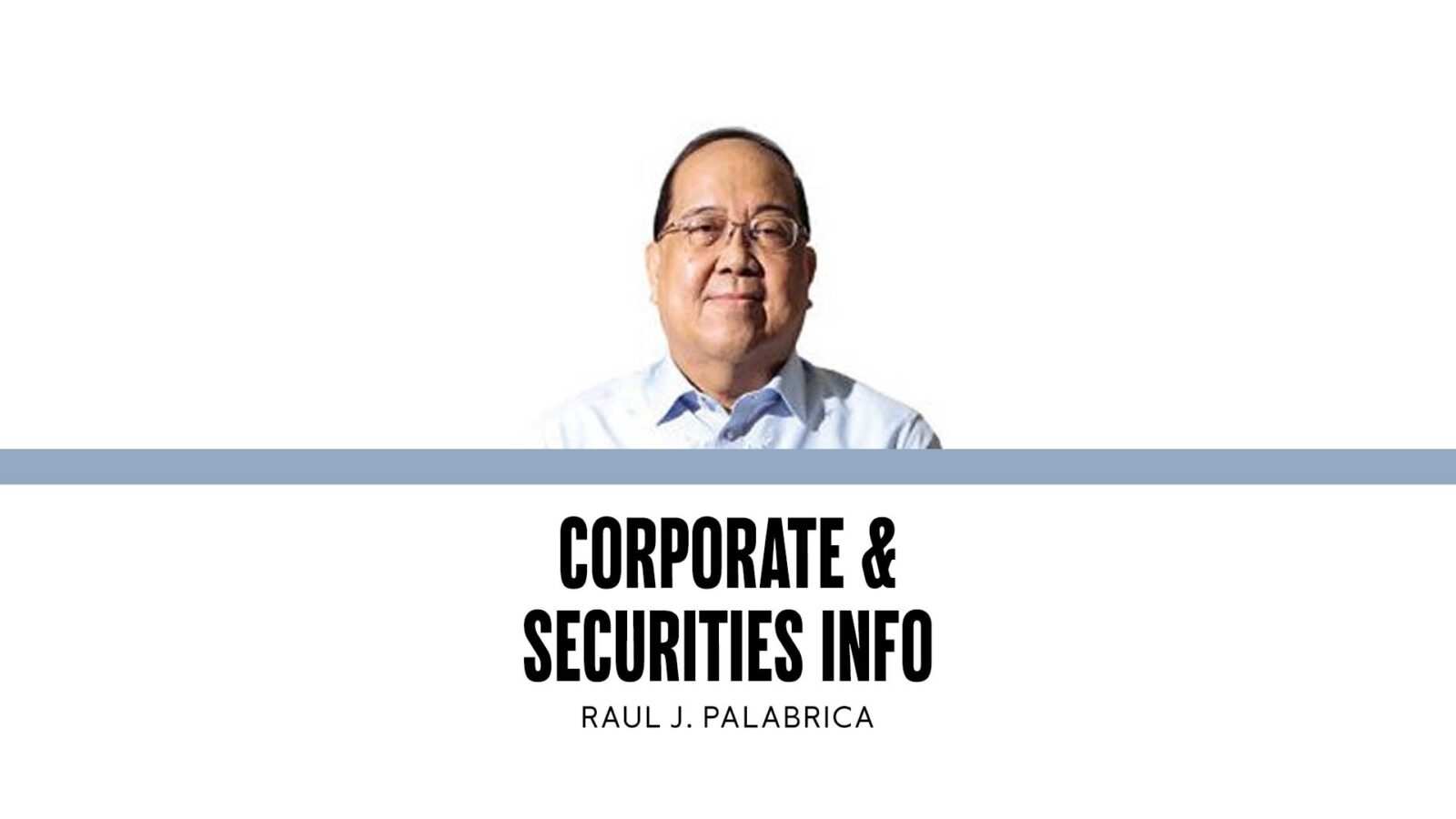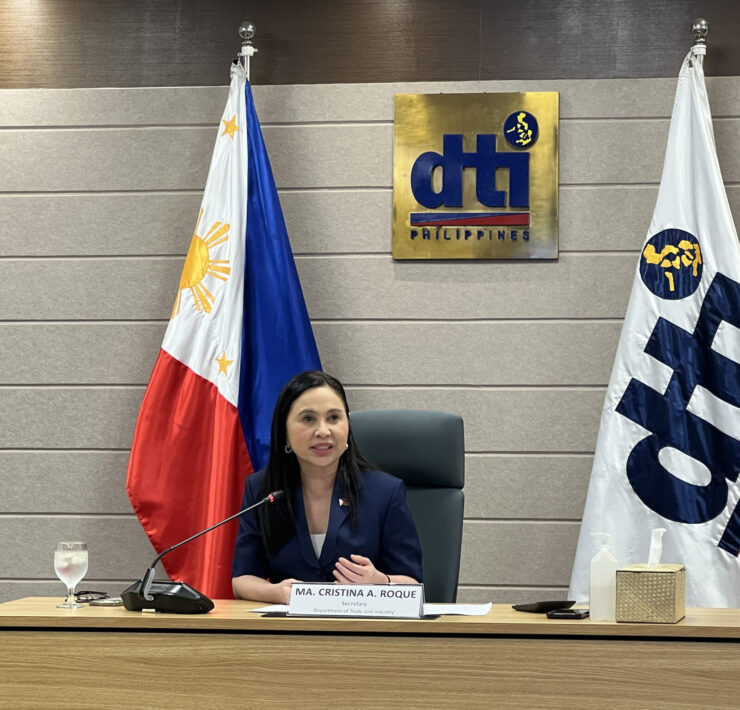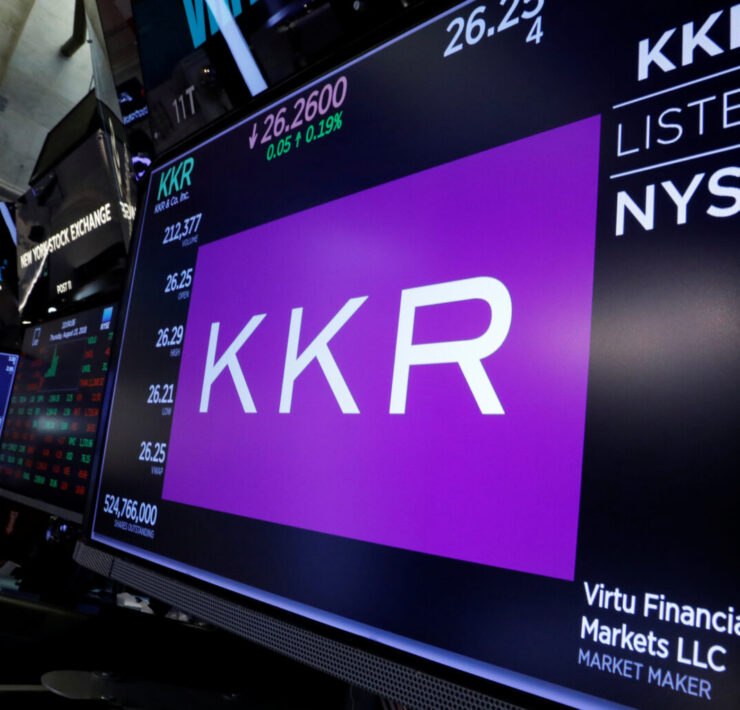Calculated investment decisions

Shortly before Ombudsman Samuel Martires retired on July 25, he ordered the preventive suspension for six months of Government Service Insurance System (GSIS) President Arnulfo Veloso and six key GSIS officials in connection with the probe on the GSIS’s purchase of 100 million preferred shares in Alternergy Holdings Corp. for P1.45 billion.
Martires based his action on an anonymous and unverified complaint that alleged that the transaction was in violation of GSIS investment rules, a move he took without first getting the side of the suspended officials.
In theory, the suspension is aimed at preventing those officials from interfering with the investigation of the complaint or influencing its results.
Note that the investment was made in 2023 and so by this time, going by government records procedures, copies of the supporting documents, both hard and soft copies, of the investment would already be on file with various GSIS offices.
Only a fool, which the GSIS officials are not considering their high level of education and investment experience, would attempt to monkey with those records to conceal or erase any proof of anomaly that may have attended the stocks purchase.
The GSIS has strict rules on the management and investment of the premium contributions of the government and covered government employees to make sure it has sufficient funds to pay the pension and other monetary benefits of its members, especially those who rely on their monthly pension for their daily sustenance.
It is a fiduciary responsibility that demands integrity, foresight and strategic thinking in making investment decisions on the entrusted funds.
The investment managers have to make sure the investible funds and other assets are channeled to investments and projects that would guarantee respectable returns that would enable the GSIS to live up to its financial commitments to its members and their authorized dependents.
If, in spite of strict compliance with the rules on investments, some do not accomplish their intended objective or worse, result in losses, the investment managers should not be faulted for negligence or incompetence unless there is solid proof to the contrary.
Bear in mind that all financial investments have inherent direct and indirect risks regardless of who manages them.
The rule of thumb in investments is, low risks equal low returns and vice versa. The appetite for risk is proportional to the capacity of the investor to accept and endure any possible losses in the long run.
Thus, although putting money in a savings or time deposit account has minimal risks considering the present law on deposit insurance, its downside is that the interest is small and way below the inflation rate.
While investments in mutual funds and unit investment trust funds may offer higher yields, those rates fluctuate depending on the value of the assets on which they are based. Too bad, if at the time they are terminated, their value does not live up to expectations.
With some 2.7-million members and old-age and survivorship pensioners to take care of, the GSIS cannot afford to be timid or grossly risk-averse in its investment programs.
This is not to say that it can be reckless, but it has to take calculated risks in deciding where to put its funds and for how long to get the highest returns possible. It’s a high-stake game that is better left to professionals who can reasonably foresee the ups and downs of the financial market in the country.
Investment may be likened to a competitive game—it has many fathers if it brings in handsome returns, but is an orphan if it loses.
The fate of the suspended GSIS officials will now be up to the incoming Ombudsman to decide. Whichever way it goes, it would either have a chilling effect on the mindset of investment managers or send the message that expectations on investments have to be managed because they are not risk-free.





















